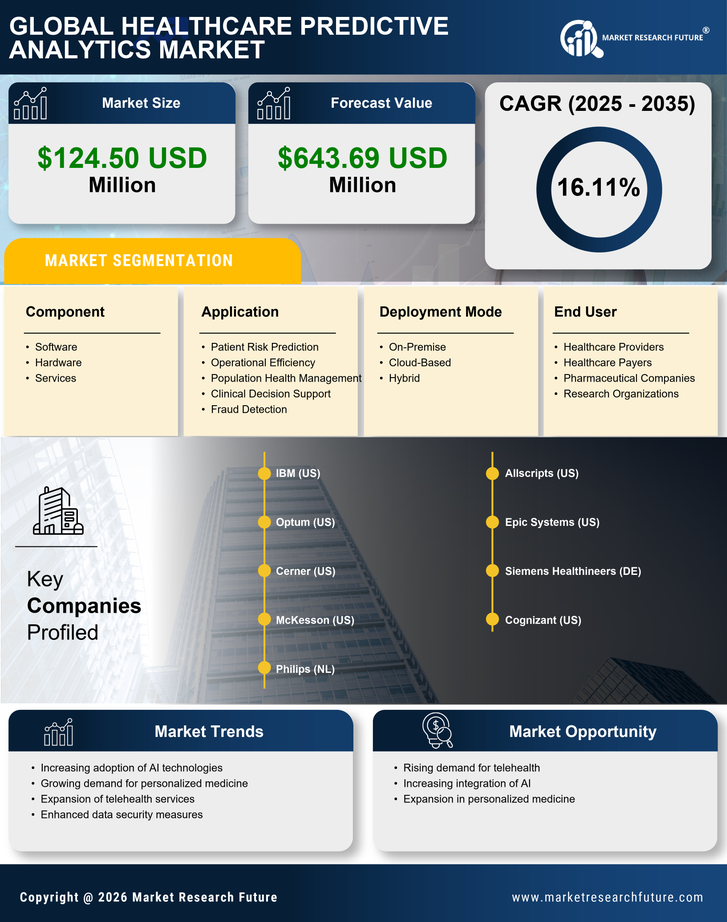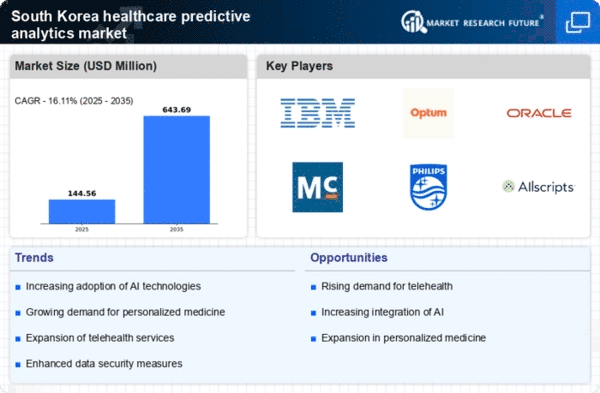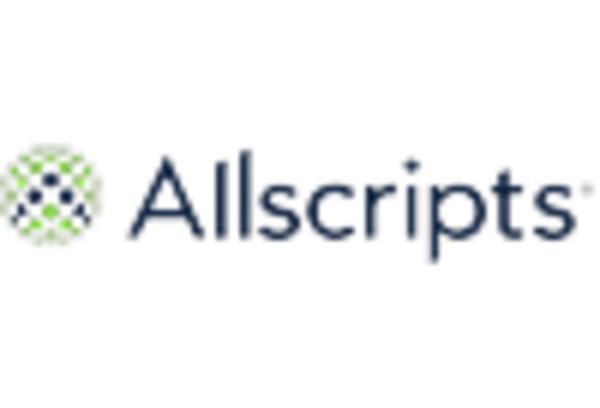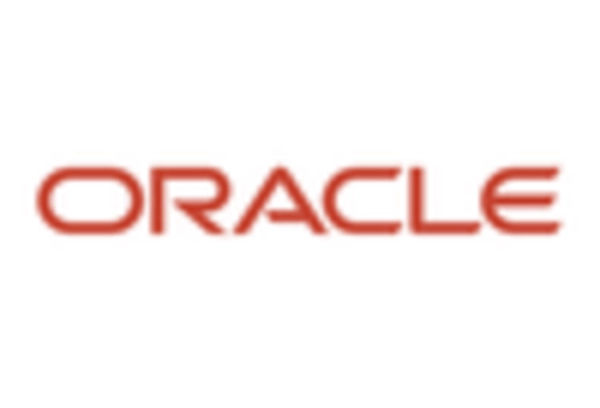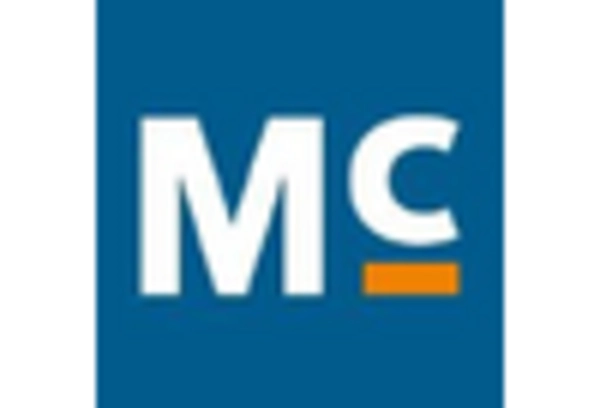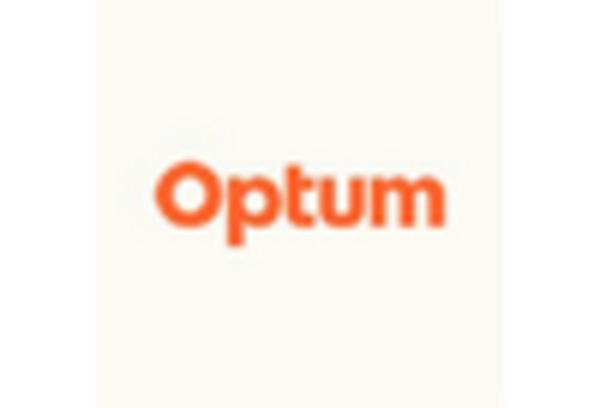Increased Investment in Health IT
Investment in health information technology (IT) is a critical driver of the healthcare predictive-analytics market. In South Korea, both public and private sectors are channeling substantial funds into health IT initiatives, with an estimated investment of $5 billion projected for the next five years. This influx of capital is aimed at enhancing data collection, storage, and analysis capabilities. As healthcare providers seek to improve operational efficiencies and patient care through predictive analytics, the increased investment in health IT is likely to propel the growth of the healthcare predictive-analytics market.
Regulatory Framework Enhancements
The regulatory landscape in South Korea is evolving to support the growth of the healthcare predictive-analytics market. Recent enhancements in data protection regulations and guidelines for the use of health data are fostering a more secure environment for analytics applications. These regulations aim to ensure patient privacy while promoting innovation in healthcare analytics. As a result, healthcare organizations are more inclined to adopt predictive analytics solutions, knowing that they are compliant with regulatory standards. This supportive regulatory framework is expected to contribute to the expansion of the healthcare predictive-analytics market in the coming years.
Focus on Chronic Disease Management
The growing prevalence of chronic diseases in South Korea is significantly influencing the healthcare predictive-analytics market. With chronic conditions such as diabetes and cardiovascular diseases on the rise, healthcare providers are turning to predictive analytics to improve management strategies. By utilizing predictive models, healthcare organizations can identify at-risk patients and implement targeted interventions, potentially reducing hospital admissions by up to 20%. This focus on chronic disease management not only enhances patient care but also reduces healthcare costs, thereby driving the demand for predictive analytics solutions in the healthcare sector.
Advancements in Technology Infrastructure
Technological advancements are playing a pivotal role in shaping the healthcare predictive-analytics market. In South Korea, the integration of advanced IT infrastructure, including cloud computing and big data technologies, facilitates the collection and analysis of healthcare data. This infrastructure supports the development of sophisticated predictive models that can analyze patient data in real-time. As a result, healthcare organizations are increasingly investing in these technologies, with spending on IT solutions in the healthcare sector expected to reach $10 billion by 2026. The enhanced capabilities provided by these technologies are likely to drive the growth of the healthcare predictive-analytics market.
Rising Demand for Data-Driven Decision Making
The healthcare predictive-analytics market is experiencing a surge in demand for data-driven decision-making processes. As healthcare providers in South Korea increasingly recognize the value of data analytics, they are adopting predictive models to enhance patient outcomes and operational efficiency. This trend is evidenced by a reported increase in the utilization of analytics tools, with a projected growth rate of approximately 15% annually. The ability to analyze vast amounts of patient data allows healthcare organizations to identify trends, predict disease outbreaks, and optimize resource allocation. Consequently, the healthcare predictive-analytics market is positioned to expand as stakeholders seek to leverage data for informed decision-making.
